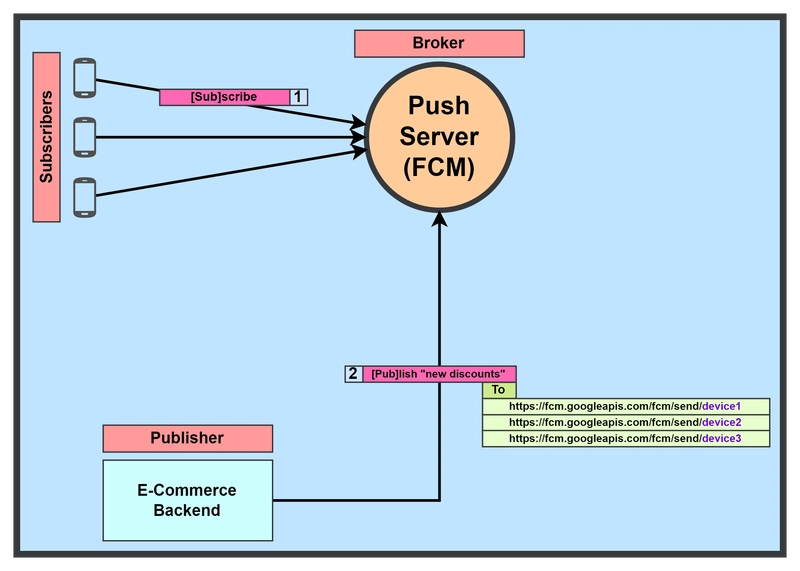'Factory-style hackers' who manipulate rankings with macros... Real-life security story blocked with LIAPP
Hello, if you are interested in mobile app security, I have something you must read. Today, I will tell you about a mobile game that actually experienced factory-style hacking from China and how it was blocked and the game ecosystem was protected through LIAPP. The ranking reliability suddenly collapsed one day This case is the story of Company A's mobile game that had secured a global user base. In particular, since the competition was strong and the user ranking structure affected the game content and rewards, maintaining the fairness of the ranking was the key to game operation. However, at some point, a strange phenomenon began to occur. Accounts that were not normally seen rose to the top of the rankings in one day, Play patterns were consistent, and they repeated overly precise movements Ranking points were accumulated at a speed that ordinary users could not keep up with. The operations team, who detected something strange, immediately began analyzing it, and soon discovered that it was an organized manipulation using macros. Hundreds of macro accounts automatically manipulated rankings overnight (the reality of factory hacking) The biggest characteristics of this attack were its ‘scale’ and ‘sophistication.’ It was not simply a few users attempting to cheat, but an automated system that operated hundreds of accounts simultaneously, so-called ‘factory hacking.’ The main characteristics were as follows: Most traffic is concentrated on IPs in specific regions of China Repeat the same behavior patterns at the same time interval Analyze ranking algorithms to implement the most efficient play in the shortest time As the 'fake rankers' created in this way quickly took over the top ranks, the competitive spirit of normal players rapidly decreased, and negative reactions such as "the management is neglecting hacking" began to spread in the game community. The counterattack of 'intelligent security' started by LIAPP As the situation became serious, developer A urgently introduced the LIAPP security service. Although there were basic security devices in the past, this attack was much more sophisticated, and it was difficult to detect without behavior-based analysis. LIAPP solved the problem through the following intelligent behavior-based detection functions: Automated Tool Detection (Anti-Automation) LIAPP basically provides the ability to identify macros or auto-click tools. It can detect not only simple touch simulations or key input automation, but also whether the device is rooted, traces of debugging tools, and whether an emulator is running. Thanks to this feature, we were able to selectively identify accounts based on automated tools used by attackers, and take measures to classify and block suspicious accounts or exclude them from reward payments. Abnormal Behavior Analysis Macro attacks are often designed to play 'plausibly' like a human, rather than simply repeating. Based on the user's behavior log, LIAPP comprehensively analyzes the following factors: Repetition speed: A constant interval that cannot be achieved by humans Accuracy of touch location: Clicking on an overly mechanical location Response time: Same response speed regardless of the network, etc. Through this behavior-based detection, we were able to distinguish between human manipulation and machine automation, and the 'fake ranker' accounts created by attackers were filtered out in an instant. Real-time response and account sanctions Even during an attack, LIAPP monitored suspicious activities in real time and provided information to the operation team to help them respond quickly. Thanks to this, more than 90% of the core attack accounts were blocked in just 3 days, the ranking was normalized, and the trust of existing users was restored. Four lessons learned from this case I have summarized the lessons that the developers and operations team directly experienced through this experience. “Security is not an option, but a necessity.” To protect the fairness of the game and the trust of users, a preemptive defense system is needed, not a post-response one. “Macros no longer move like machines.” Because many macros move like people these days, behavior-based security is essential. “Factory-type attacks are repeated.” Once exposed, other hackers can attack in the same way, so continuous monitoring and response systems are important. “Game security is the user experience.” This case clearly confirmed that creating a fair competitive environment leads to user satisfaction. Fair games, protected by smart security Hacking and macros are no longer problems limited to specific games. Especially if it's a game with a competitive element, it can be a target at any time. But don't worry. LIAPP goes beyond protecting the inside of the app, and is a service that can actually respond to intelligent attacks by analyzing the behavior of actual users. Rather than rebuil

Hello, if you are interested in mobile app security, I have something you must read.
Today, I will tell you about a mobile game that actually experienced factory-style hacking from China and how it was blocked and the game ecosystem was protected through LIAPP.
The ranking reliability suddenly collapsed one day
This case is the story of Company A's mobile game that had secured a global user base.
In particular, since the competition was strong and the user ranking structure affected the game content and rewards, maintaining the fairness of the ranking was the key to game operation.
However, at some point, a strange phenomenon began to occur.
Accounts that were not normally seen rose to the top of the rankings in one day,
Play patterns were consistent, and they repeated overly precise movements
Ranking points were accumulated at a speed that ordinary users could not keep up with.
The operations team, who detected something strange, immediately began analyzing it, and soon discovered that it was an organized manipulation using macros.
Hundreds of macro accounts automatically manipulated rankings overnight (the reality of factory hacking)
The biggest characteristics of this attack were its ‘scale’ and ‘sophistication.’
It was not simply a few users attempting to cheat,
but an automated system that operated hundreds of accounts simultaneously, so-called ‘factory hacking.’
The main characteristics were as follows:
Most traffic is concentrated on IPs in specific regions of ChinaRepeat the same behavior patterns at the same time intervalAnalyze ranking algorithms to implement the most efficient play in the shortest time
As the 'fake rankers' created in this way quickly took over the top ranks, the competitive spirit of normal players rapidly decreased,
and negative reactions such as "the management is neglecting hacking" began to spread in the game community.
The counterattack of 'intelligent security' started by LIAPP
As the situation became serious, developer A urgently introduced the LIAPP security service.
Although there were basic security devices in the past, this attack was much more sophisticated, and it was difficult to detect without behavior-based analysis.
LIAPP solved the problem through the following intelligent behavior-based detection functions:
Automated Tool Detection (Anti-Automation)
LIAPP basically provides the ability to identify macros or auto-click tools.
It can detect not only simple touch simulations or key input automation, but also whether the device is rooted, traces of debugging tools, and whether an emulator is running.
Thanks to this feature, we were able to selectively identify accounts based on automated tools used by attackers, and take measures to classify and block suspicious accounts or exclude them from reward payments.
Abnormal Behavior Analysis
Macro attacks are often designed to play 'plausibly' like a human, rather than simply repeating.
Based on the user's behavior log, LIAPP comprehensively analyzes the following factors:
Repetition speed: A constant interval that cannot be achieved by humansAccuracy of touch location: Clicking on an overly mechanical locationResponse time: Same response speed regardless of the network, etc.
Through this behavior-based detection, we were able to distinguish between human manipulation and machine automation, and the 'fake ranker' accounts created by attackers were filtered out in an instant.
Real-time response and account sanctions
Even during an attack, LIAPP monitored suspicious activities in real time and provided information to the operation team to help them respond quickly.
Thanks to this, more than 90% of the core attack accounts were blocked in just 3 days, the ranking was normalized, and the trust of existing users was restored.
Four lessons learned from this case
I have summarized the lessons that the developers and operations team directly experienced through this experience.
- “Security is not an option, but a necessity.”
To protect the fairness of the game and the trust of users, a preemptive defense system is needed, not a post-response one.
- “Macros no longer move like machines.”
Because many macros move like people these days, behavior-based security is essential.
- “Factory-type attacks are repeated.”
Once exposed, other hackers can attack in the same way, so continuous monitoring and response systems are important.
- “Game security is the user experience.”
This case clearly confirmed that creating a fair competitive environment leads to user satisfaction.
Fair games, protected by smart security
Hacking and macros are no longer problems limited to specific games.
Especially if it's a game with a competitive element, it can be a target at any time.
But don't worry.
LIAPP goes beyond protecting the inside of the app, and is a service that can actually respond to intelligent attacks by analyzing the behavior of actual users.
Rather than rebuilding the game from scratch, it is a faster and more valuable choice to properly establish security now.
Are you worried about macro or ranking manipulation issues while operating the game?
If you want to introduce LIAPP, you can also request a demo on the official website!
I definitely recommend trying it out























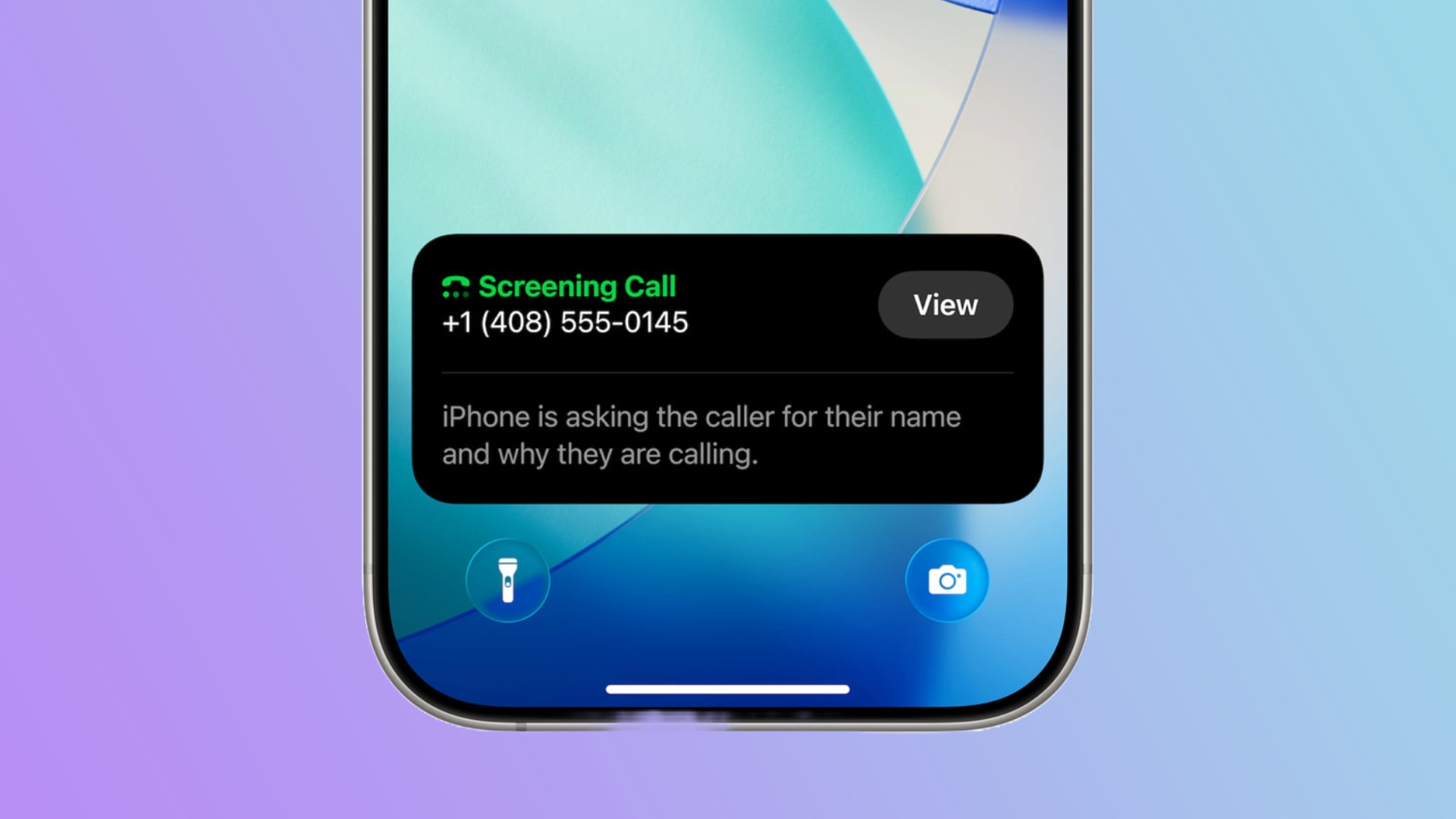

























































































































![Top Features of Vision-Based Workplace Safety Tools [2025]](https://static.wixstatic.com/media/379e66_7e75a4bcefe14e4fbc100abdff83bed3~mv2.jpg/v1/fit/w_1000,h_884,al_c,q_80/file.png?#)































![[The AI Show Episode 152]: ChatGPT Connectors, AI-Human Relationships, New AI Job Data, OpenAI Court-Ordered to Keep ChatGPT Logs & WPP’s Large Marketing Model](https://www.marketingaiinstitute.com/hubfs/ep%20152%20cover.png)






















































































































![[DEALS] Microsoft Visual Studio Professional 2022 + The Premium Learn to Code Certification Bundle (97% off) & Other Deals Up To 98% Off](https://www.javacodegeeks.com/wp-content/uploads/2012/12/jcg-logo.jpg)































































































































































































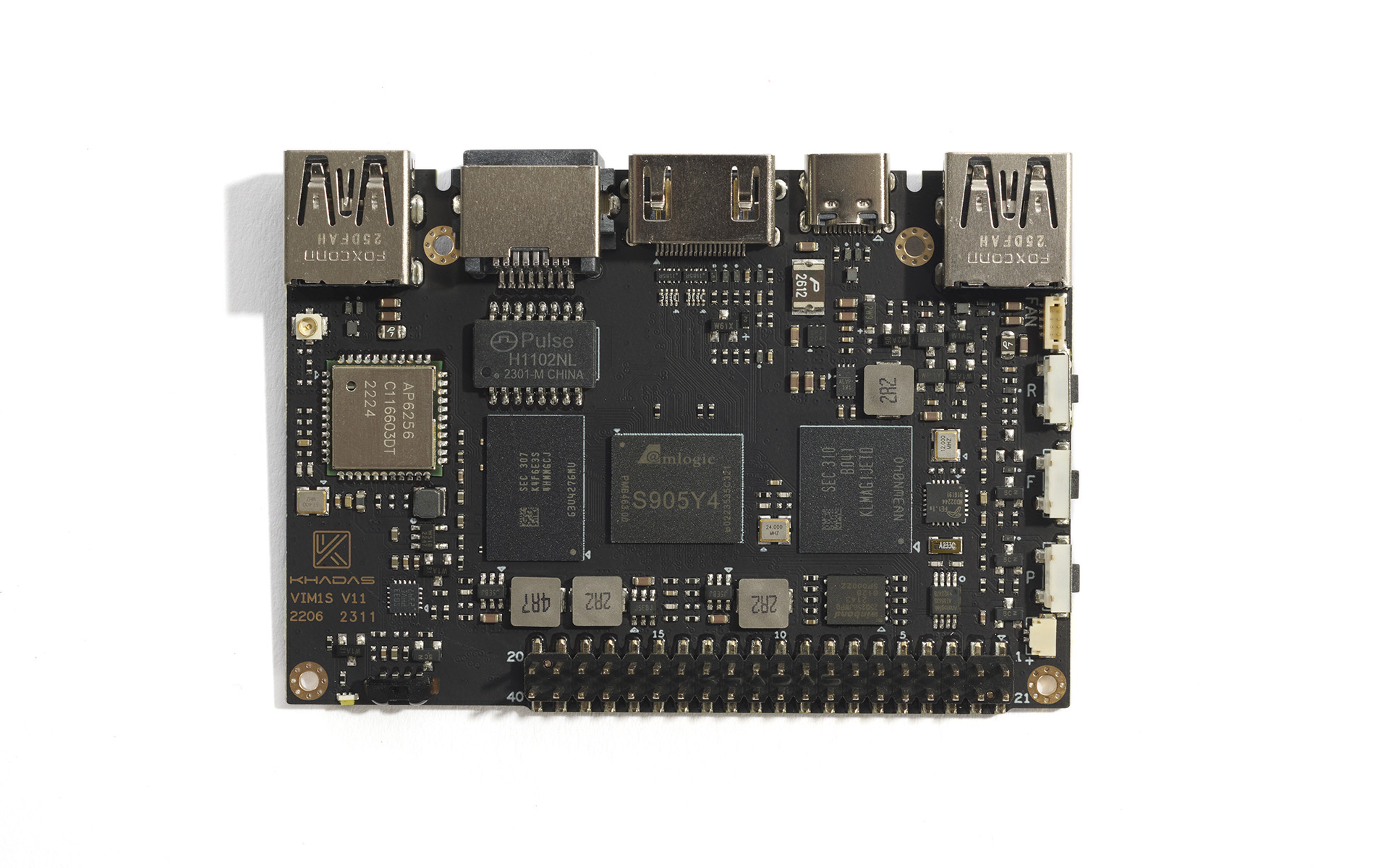




























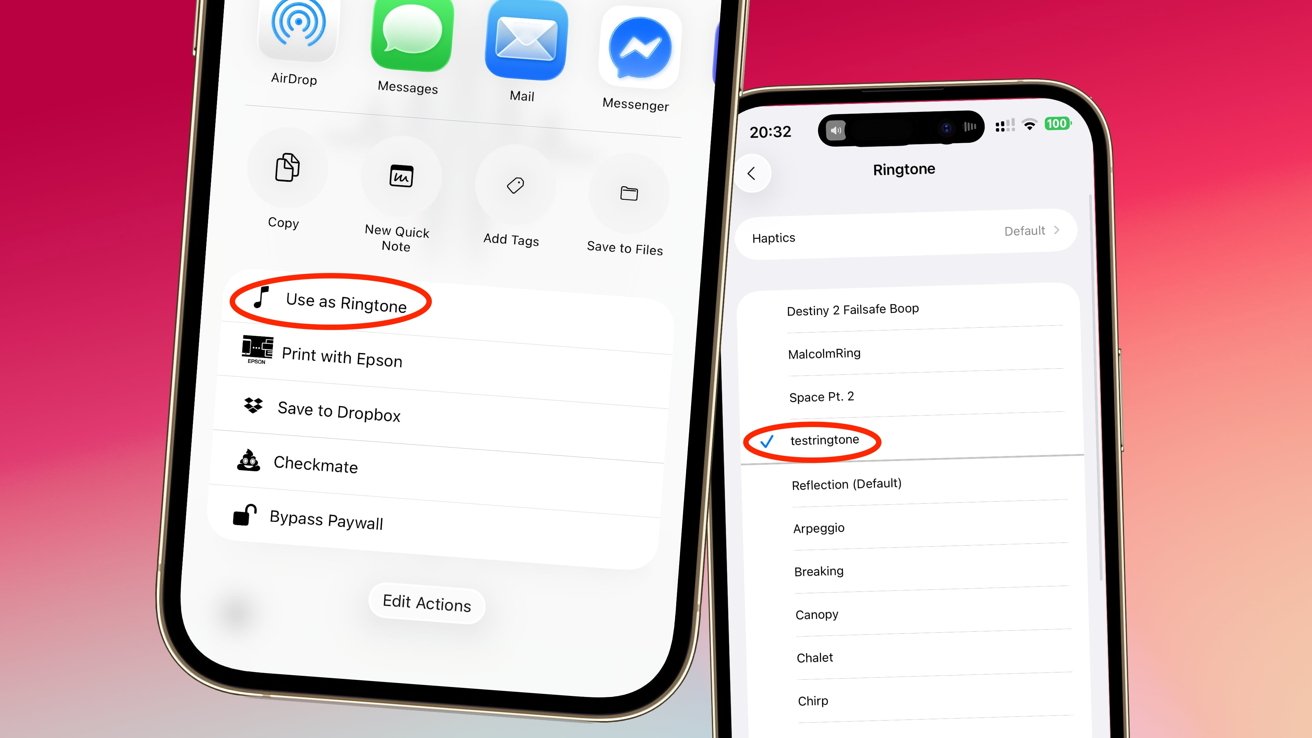






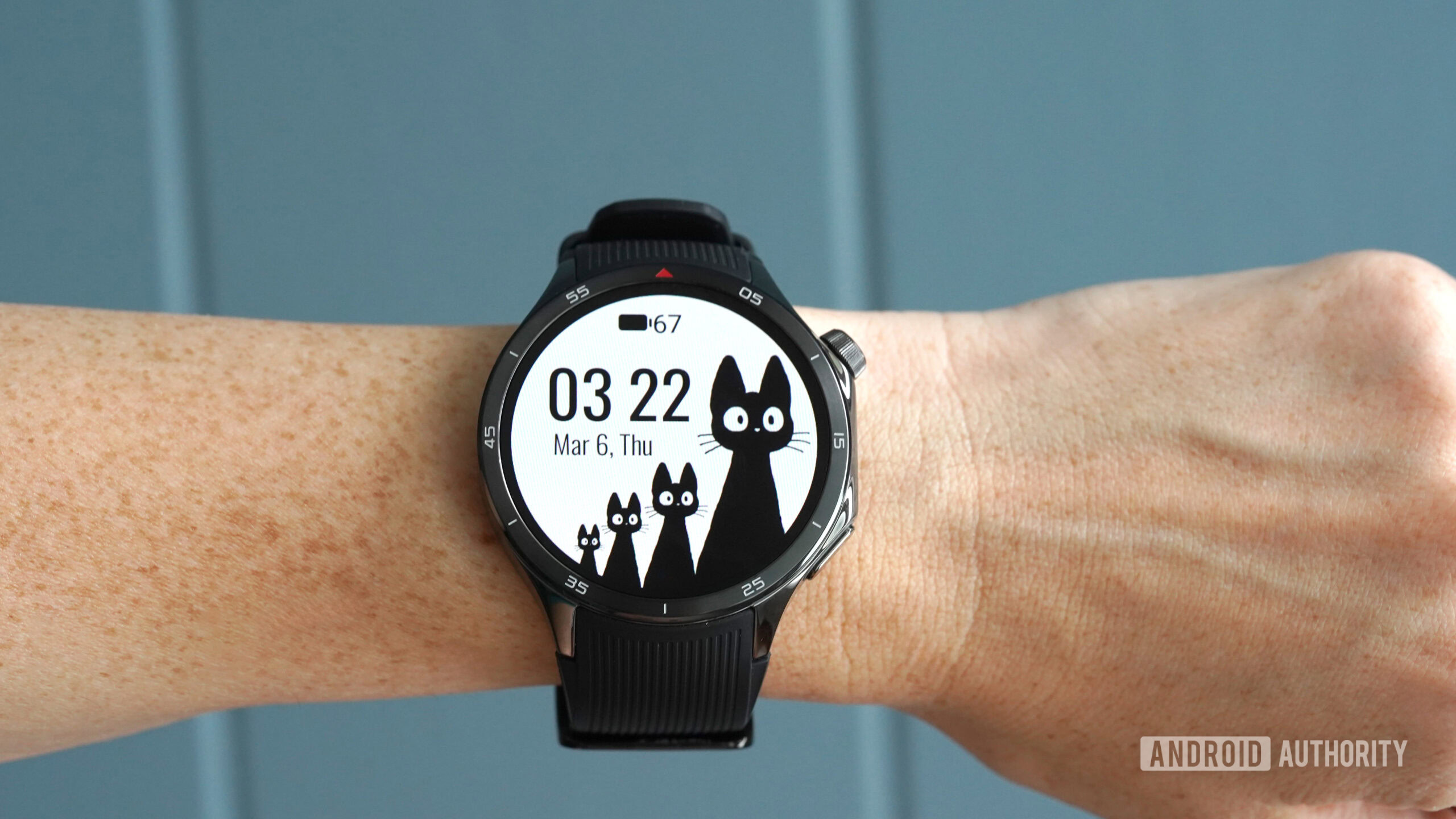


![PSA: Widespread internet outage affects Spotify, Google, Discord, Cloudflare, more [U: Fixed]](https://i0.wp.com/9to5mac.com/wp-content/uploads/sites/6/2024/07/iCloud-Private-Relay-outage-resolved.jpg?resize=1200%2C628&quality=82&strip=all&ssl=1)





















![Apple Shares Teaser Trailer for 'The Lost Bus' Starring Matthew McConaughey [Video]](https://www.iclarified.com/images/news/97582/97582/97582-640.jpg)


































































